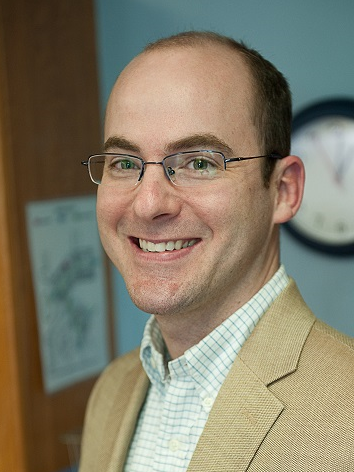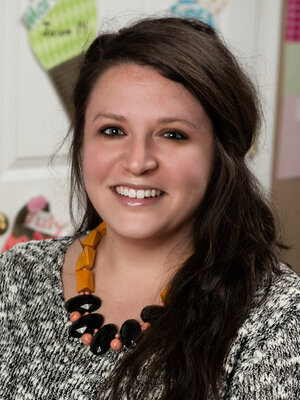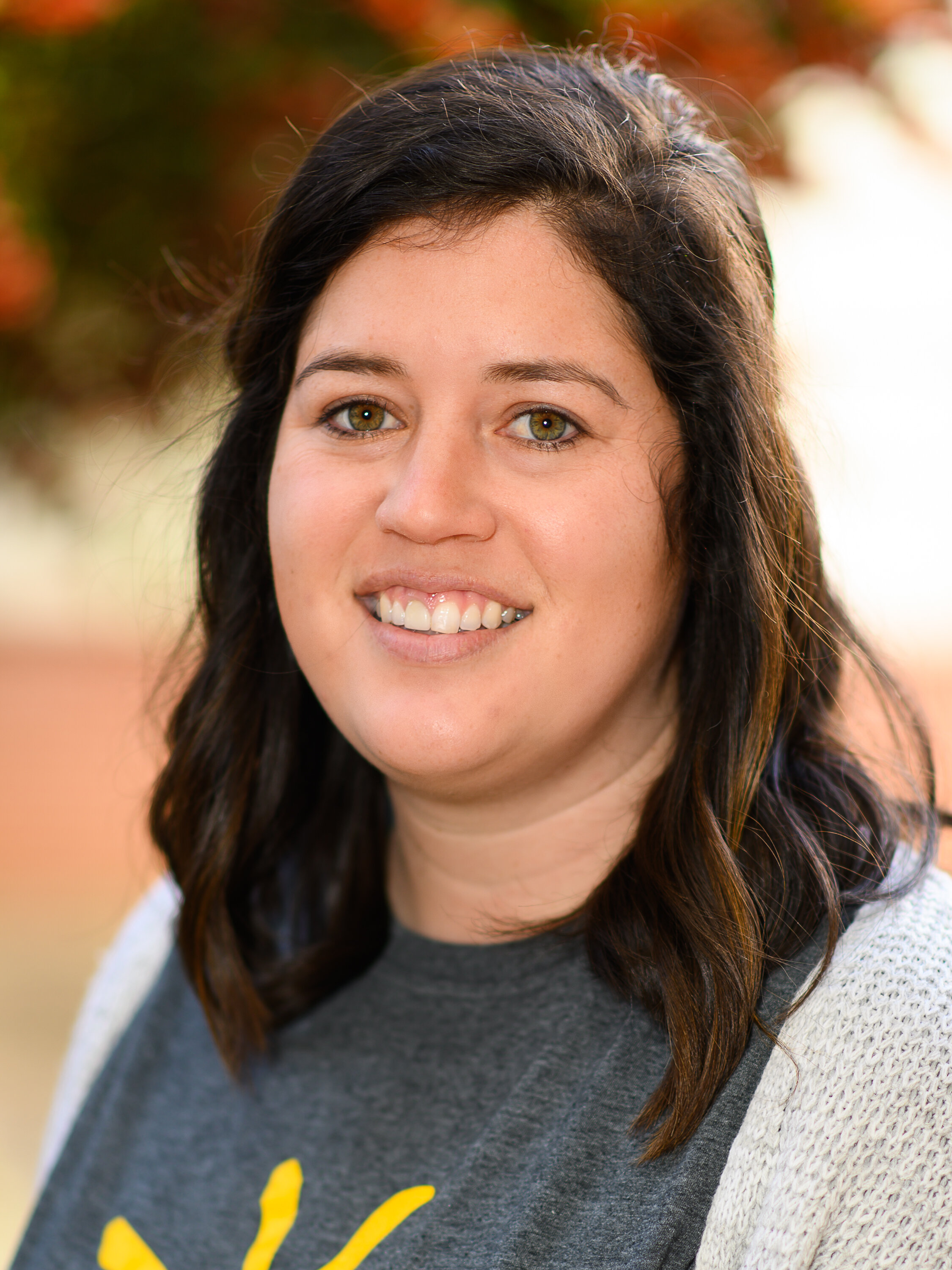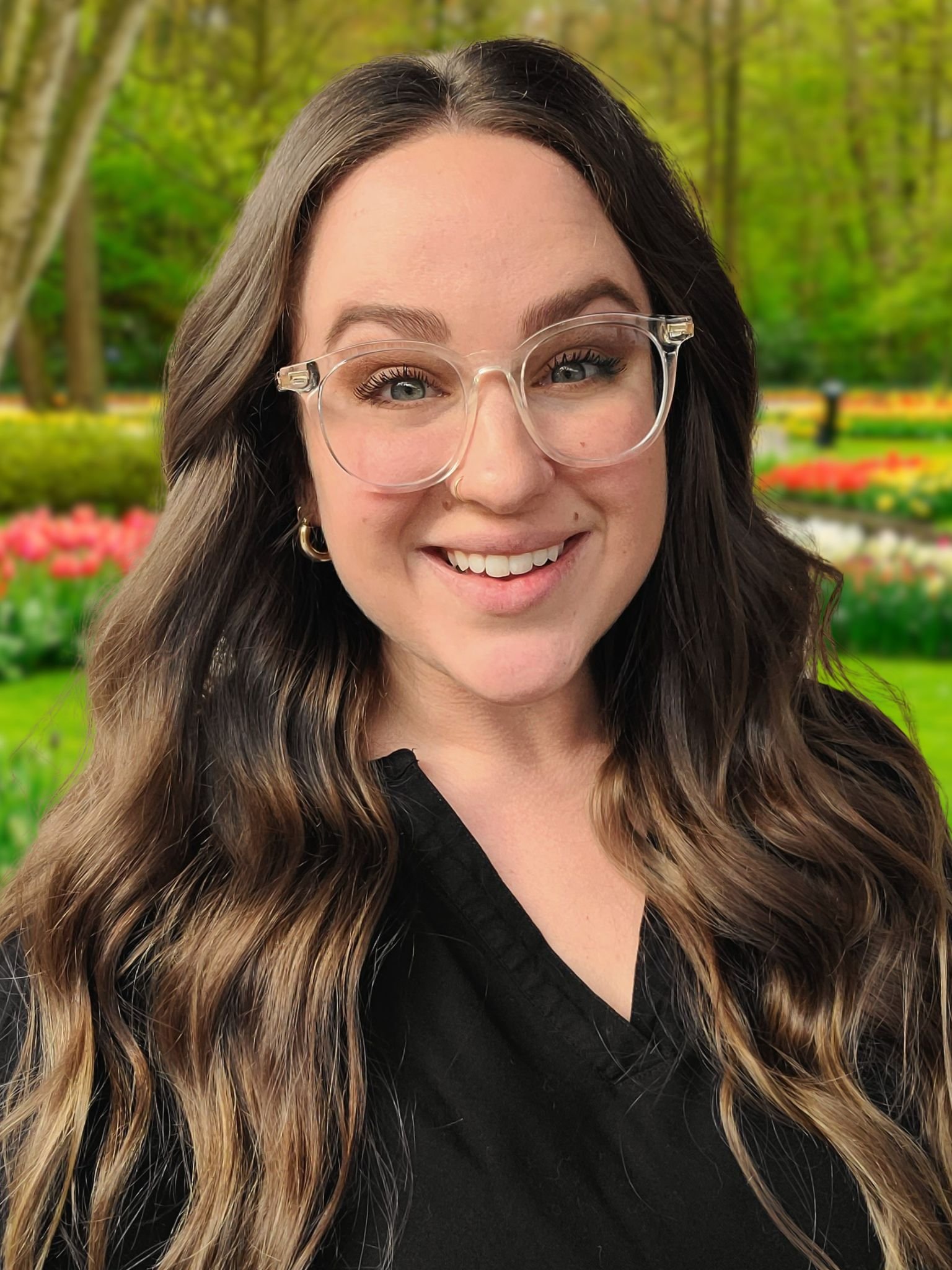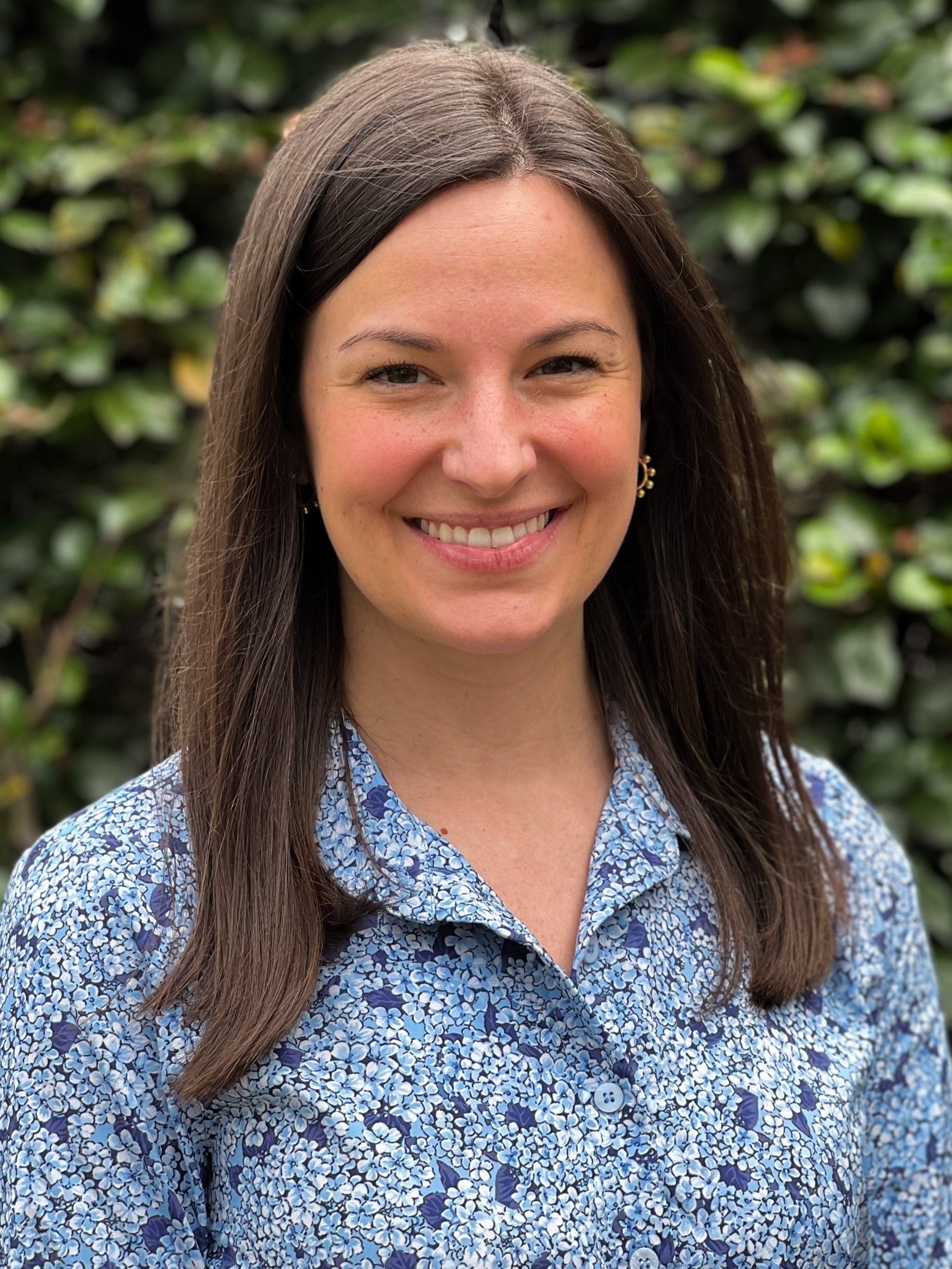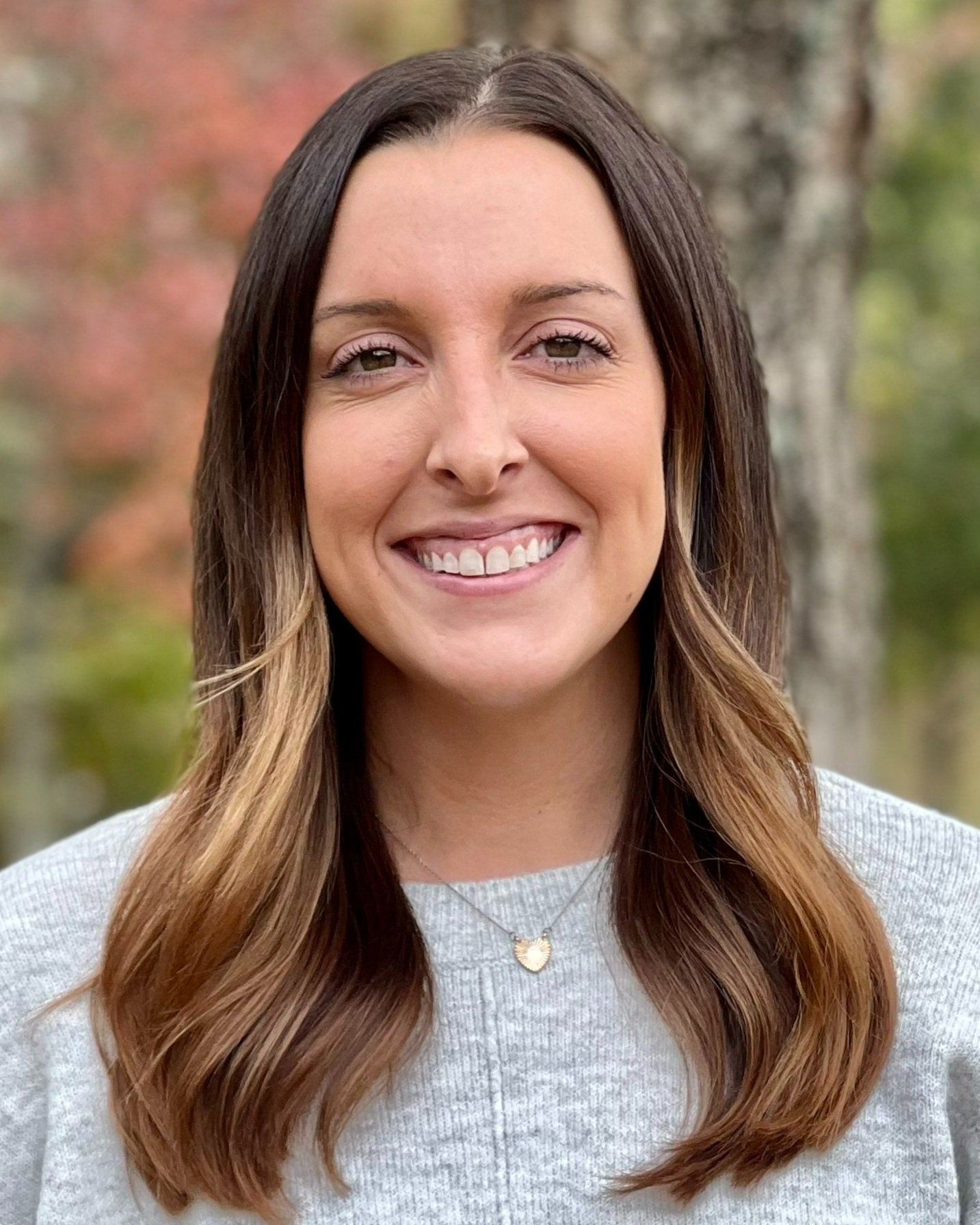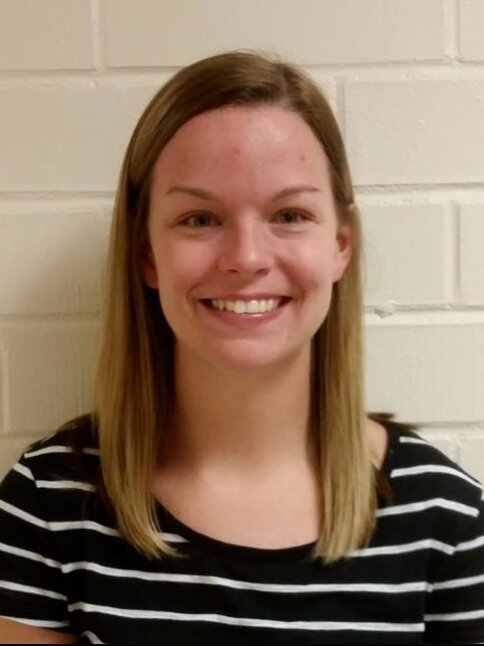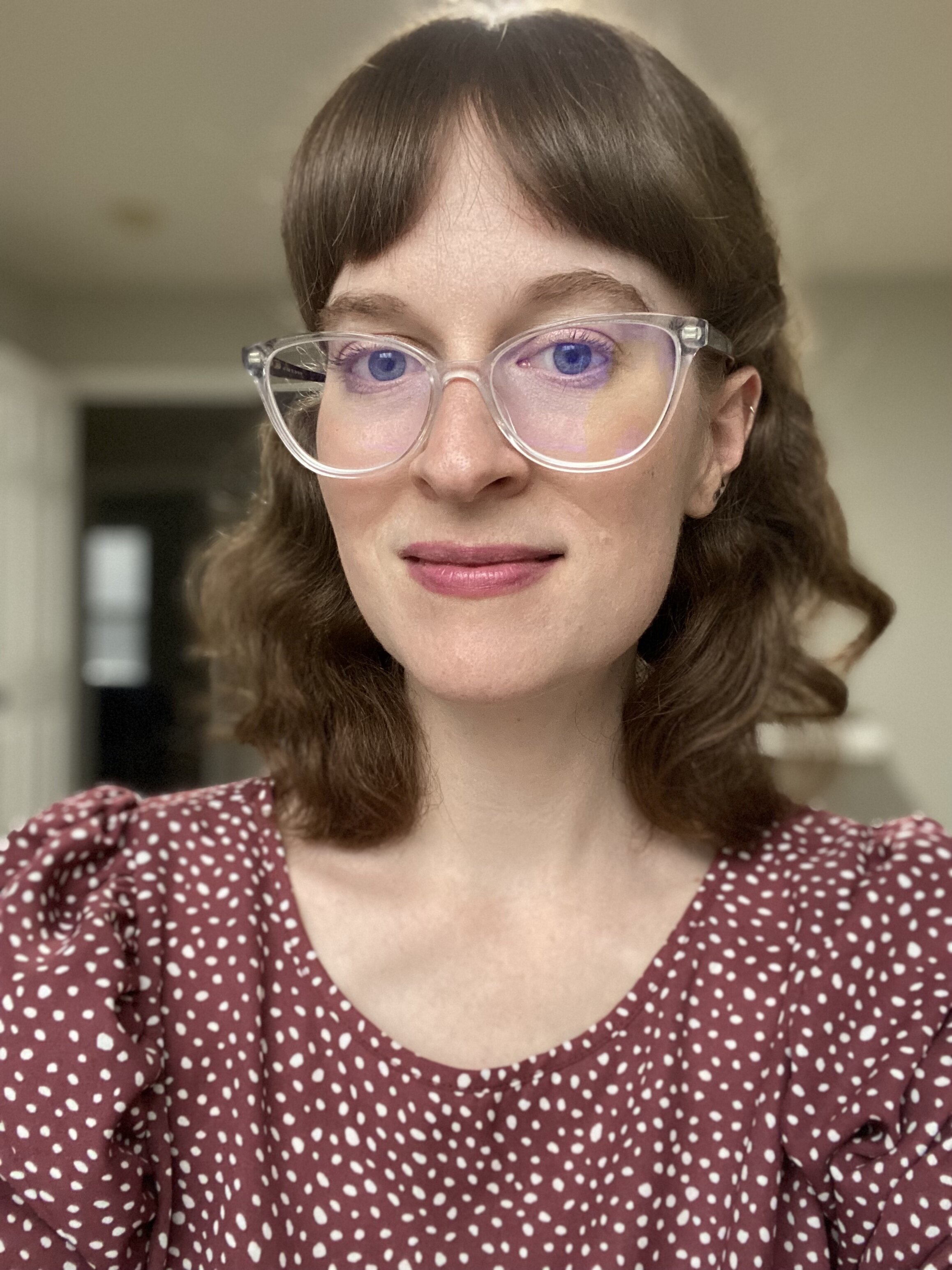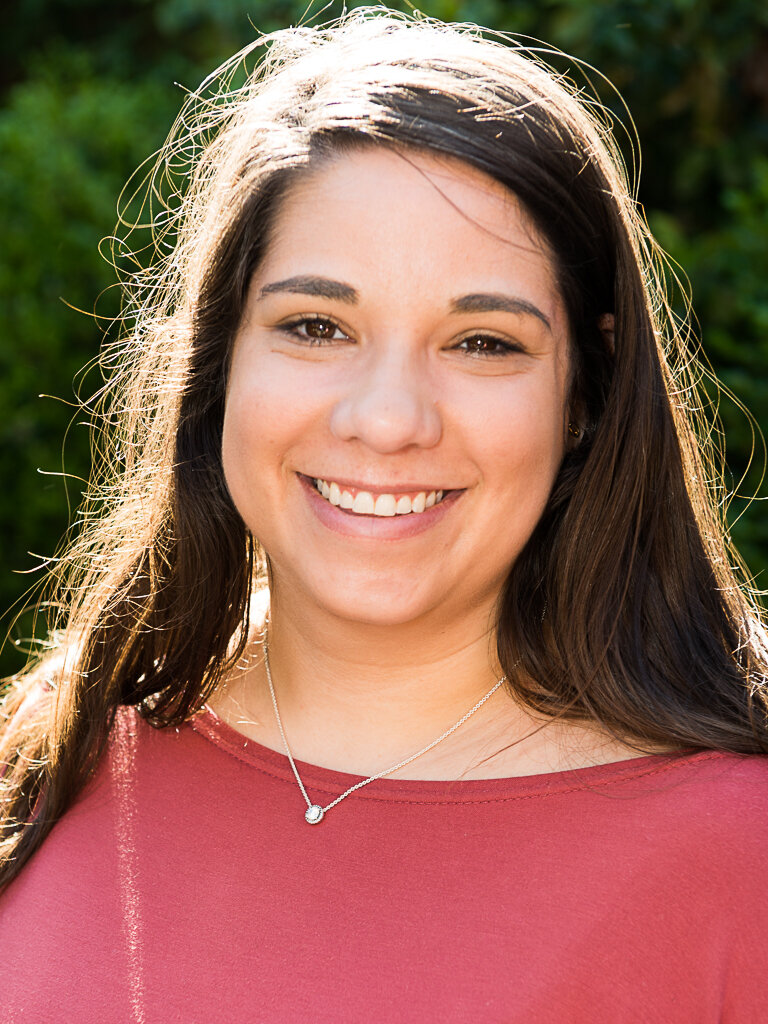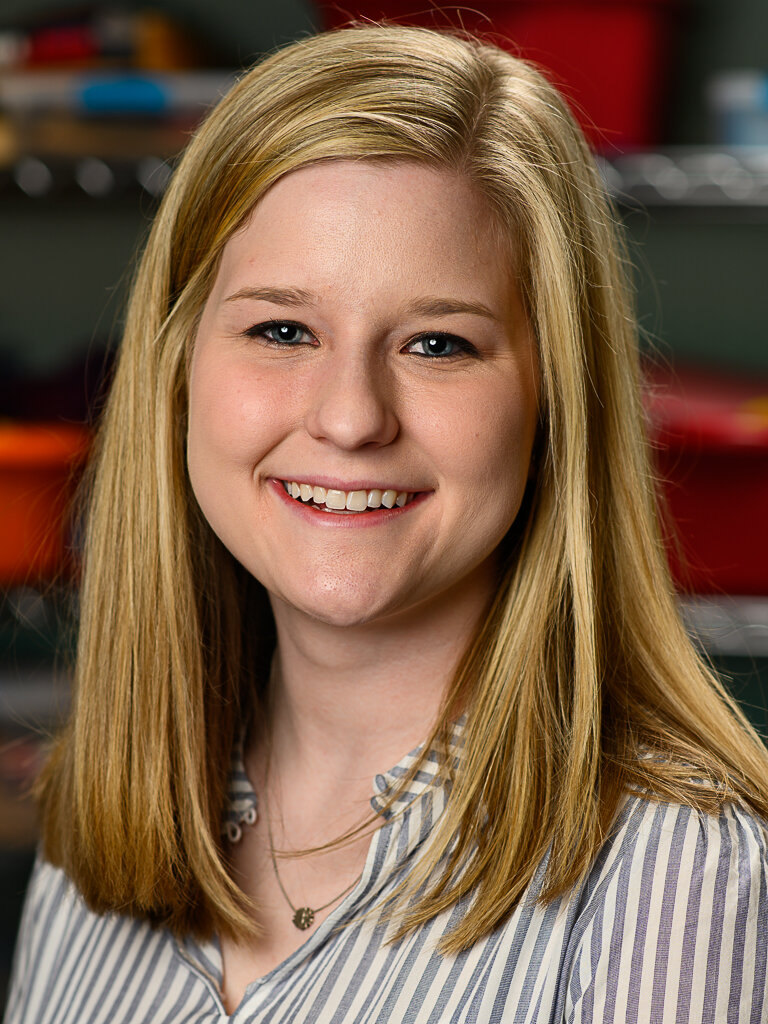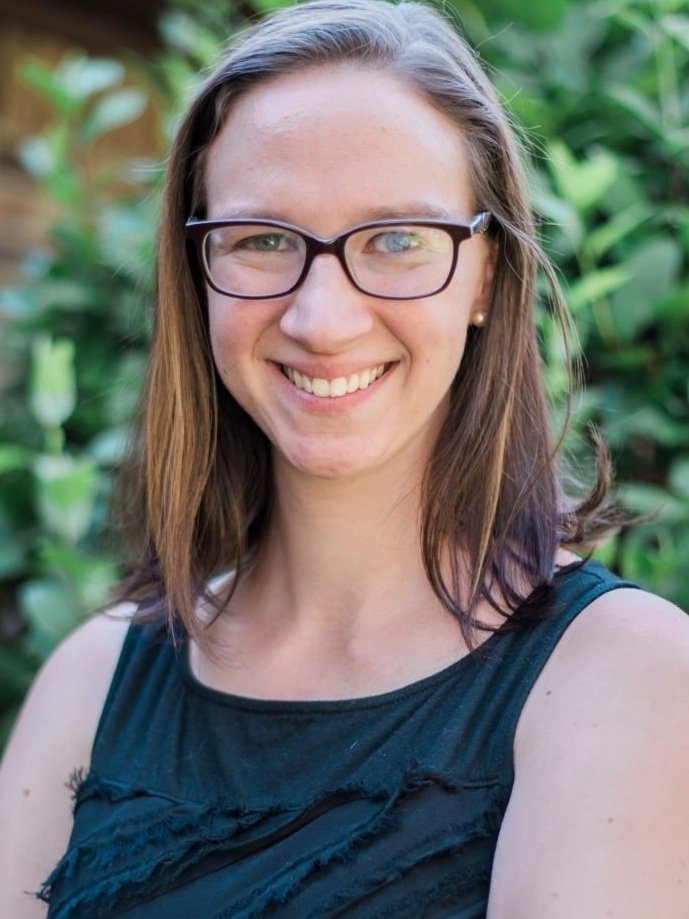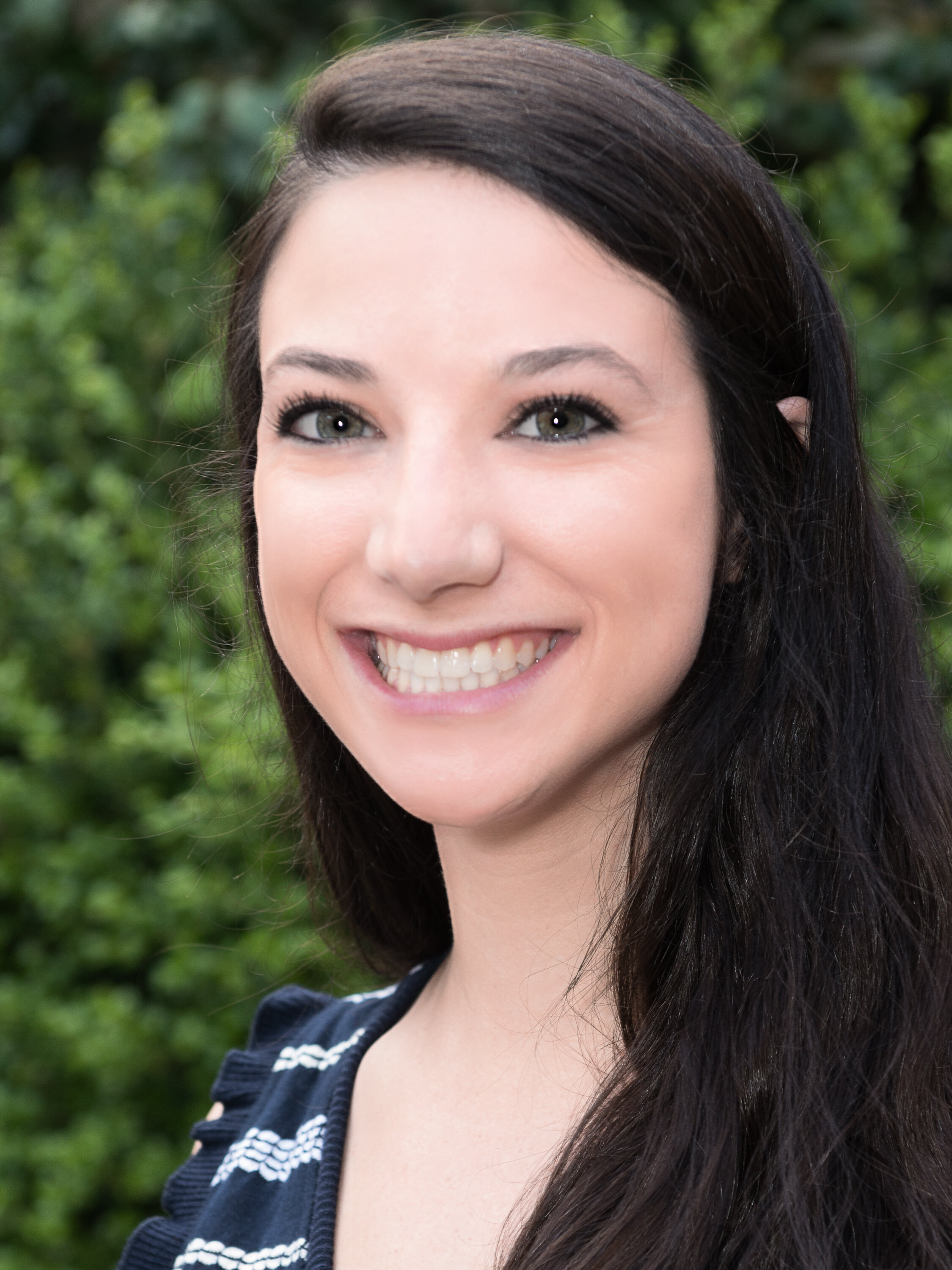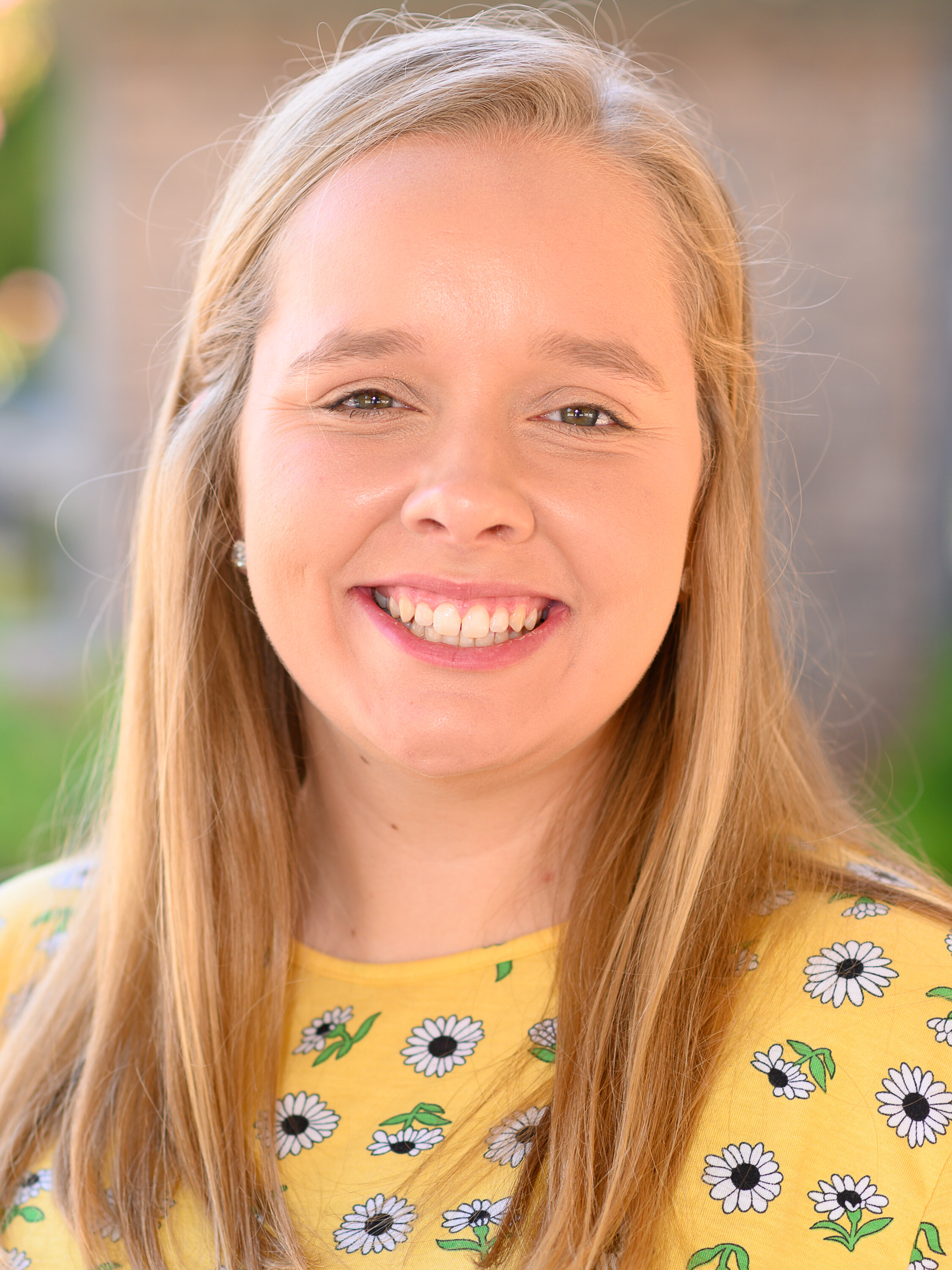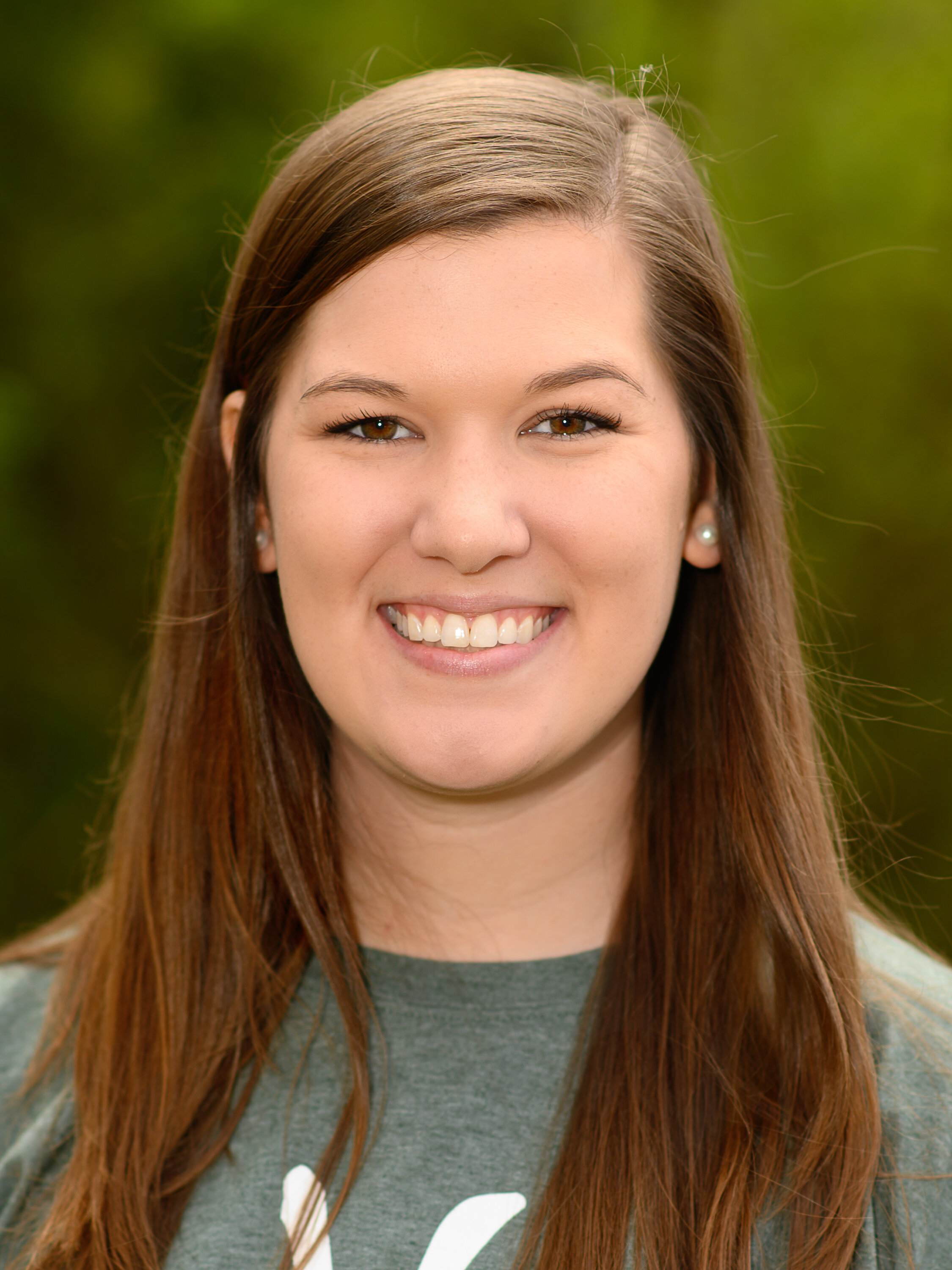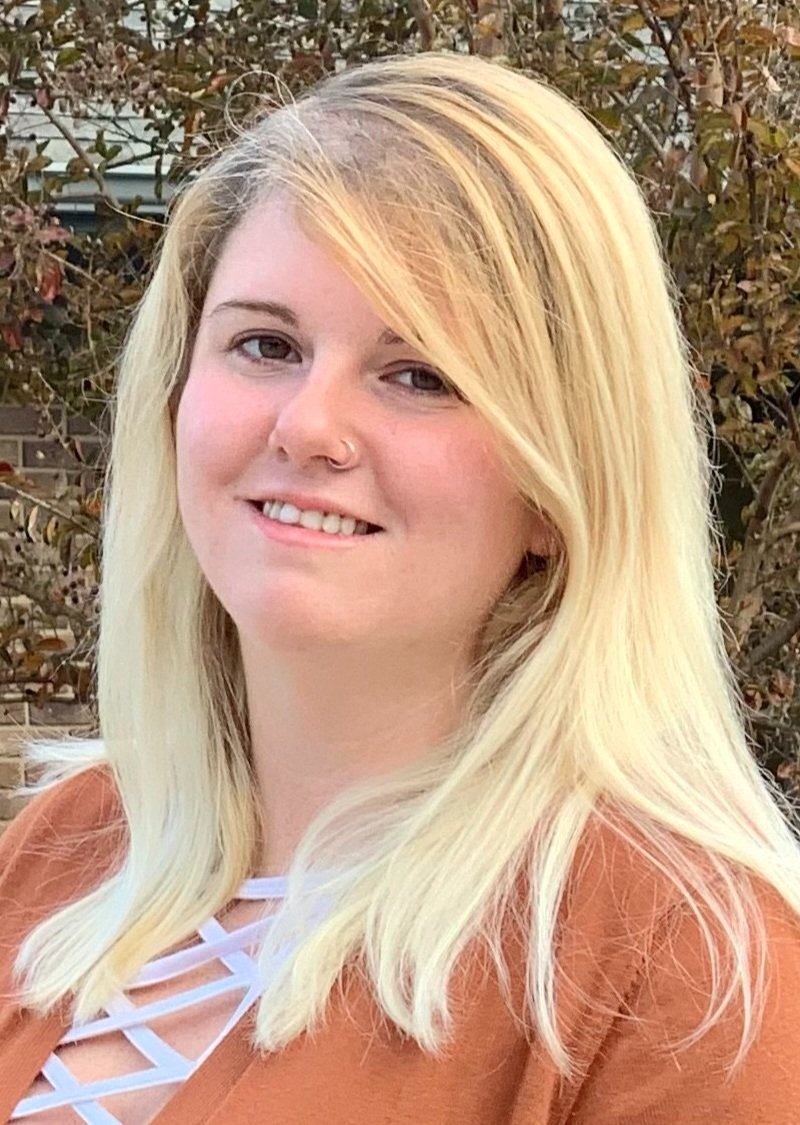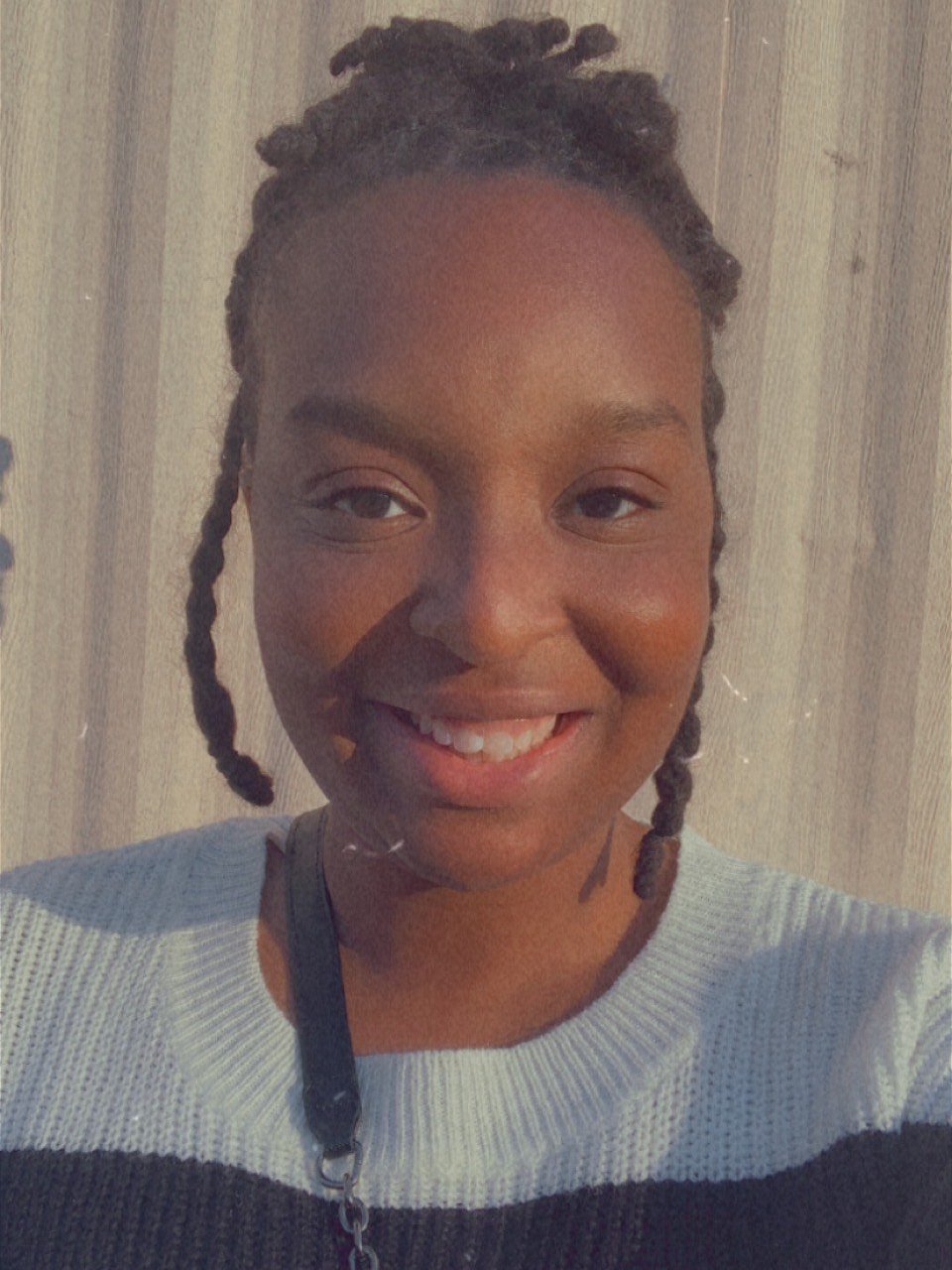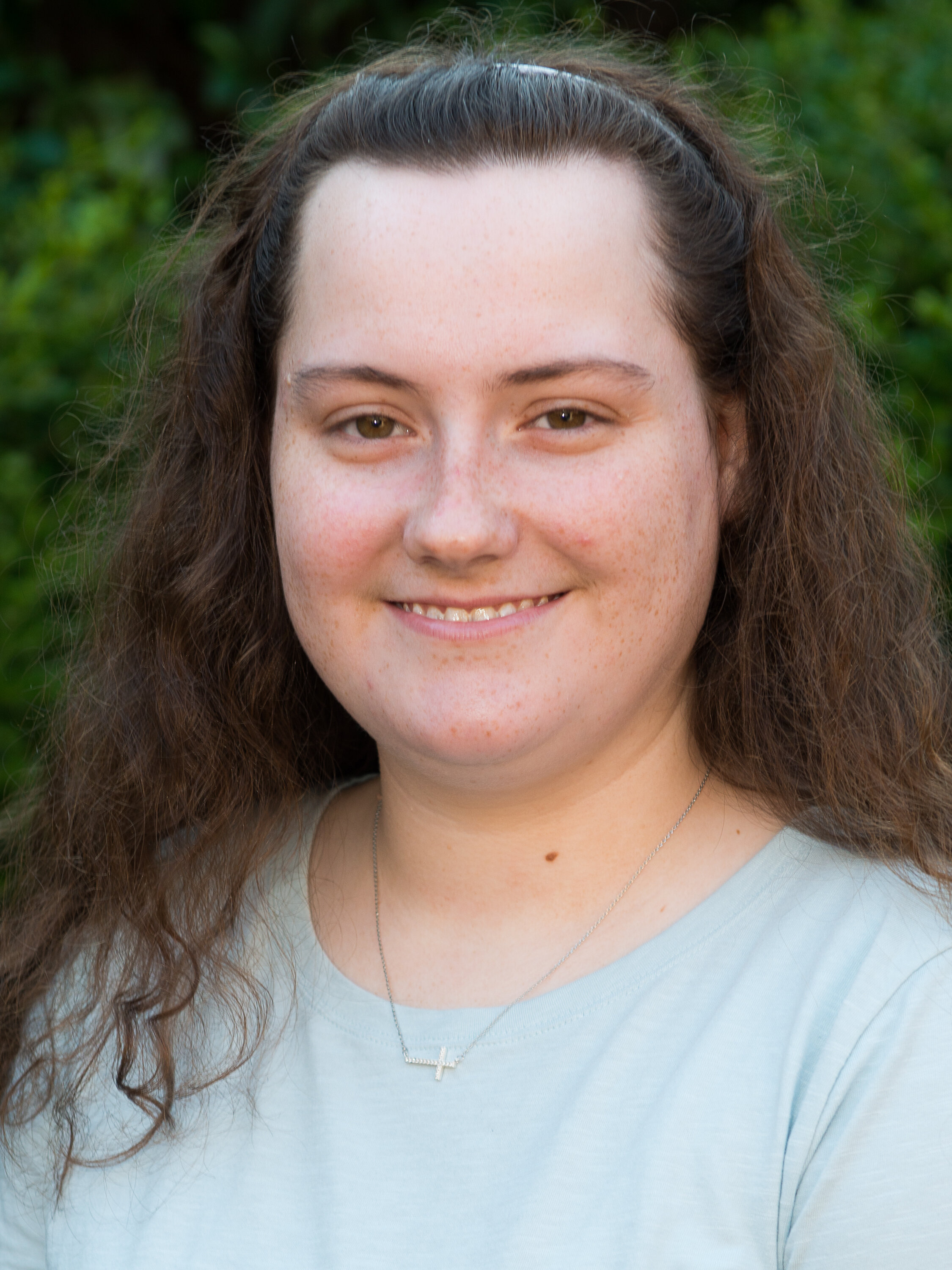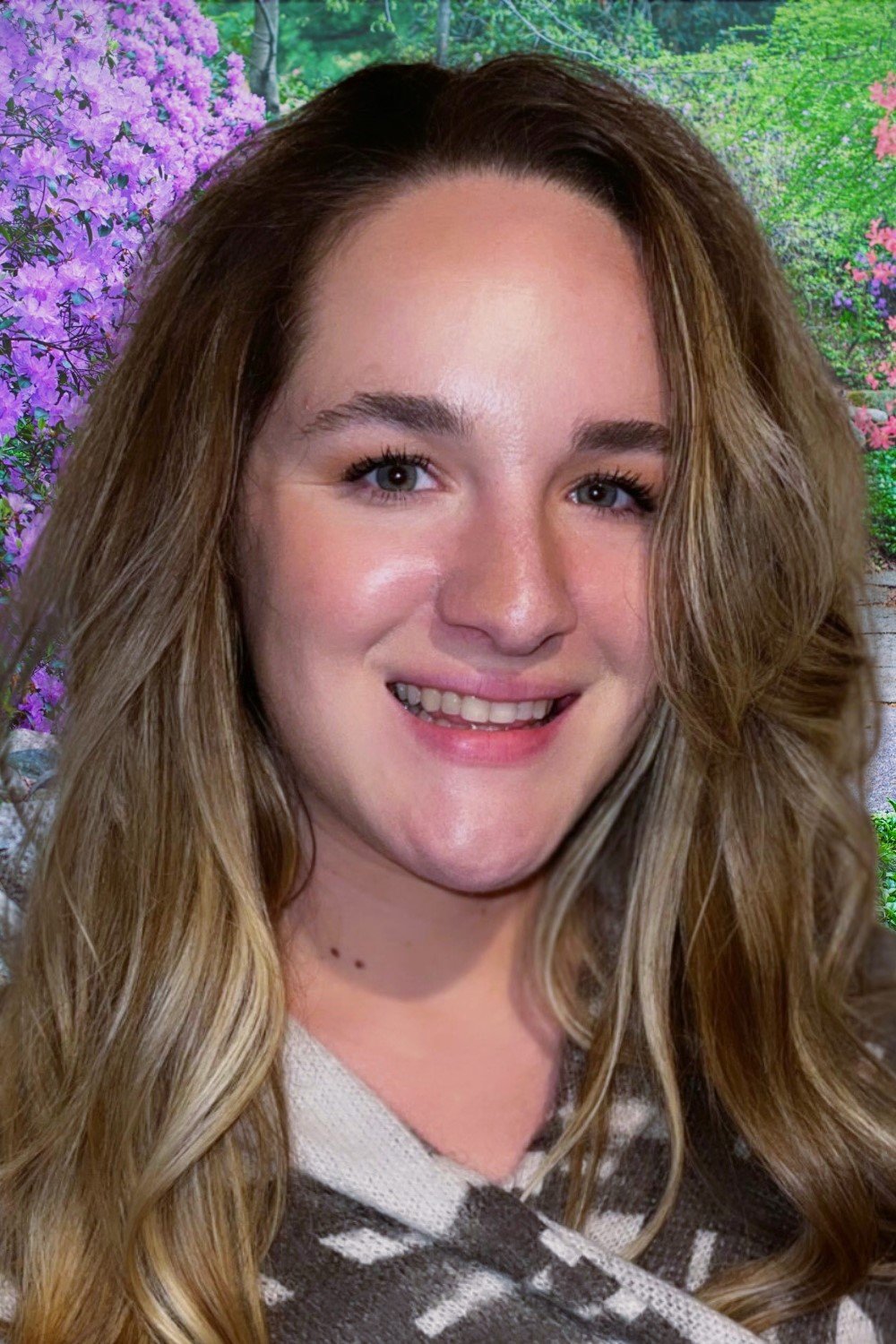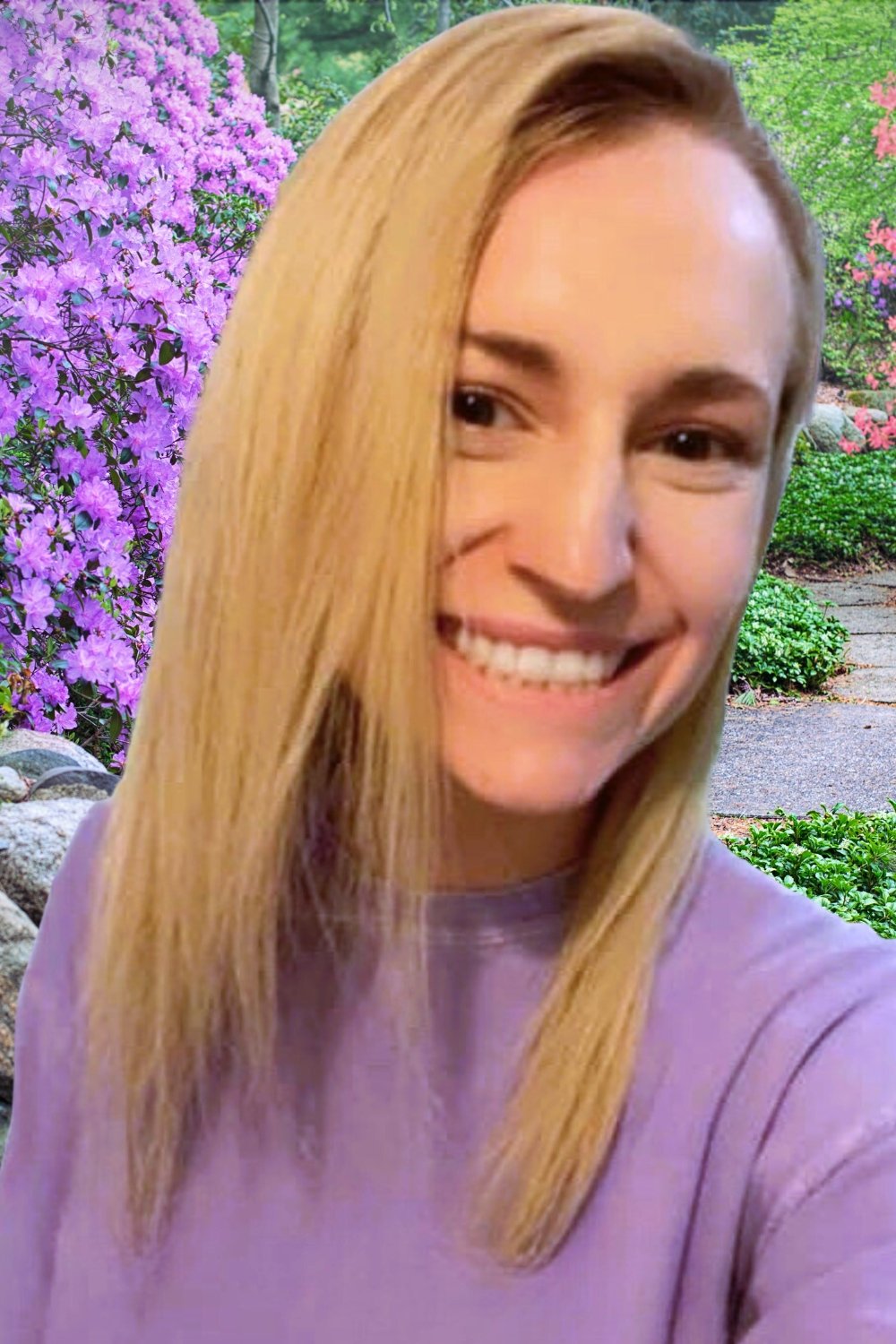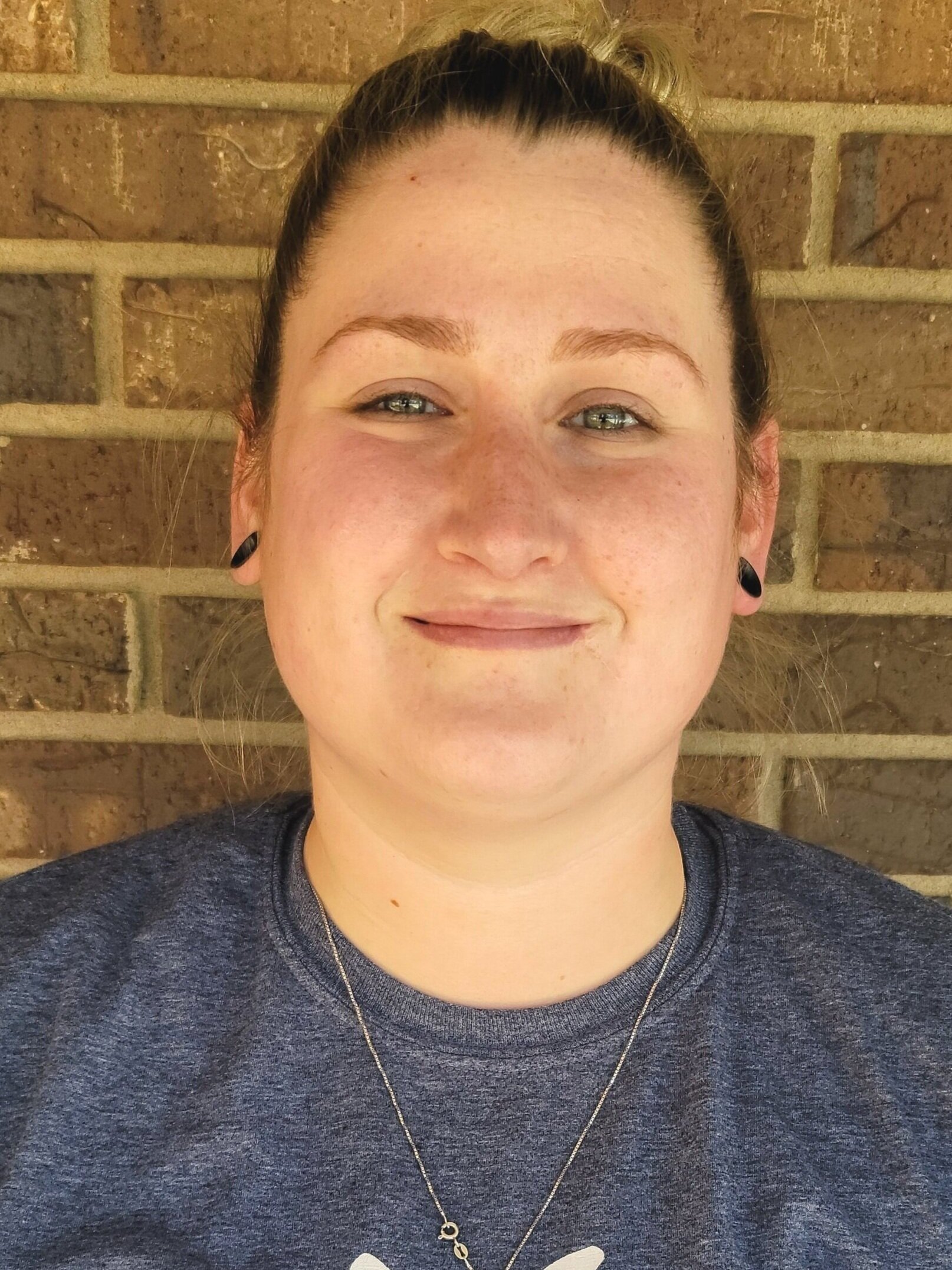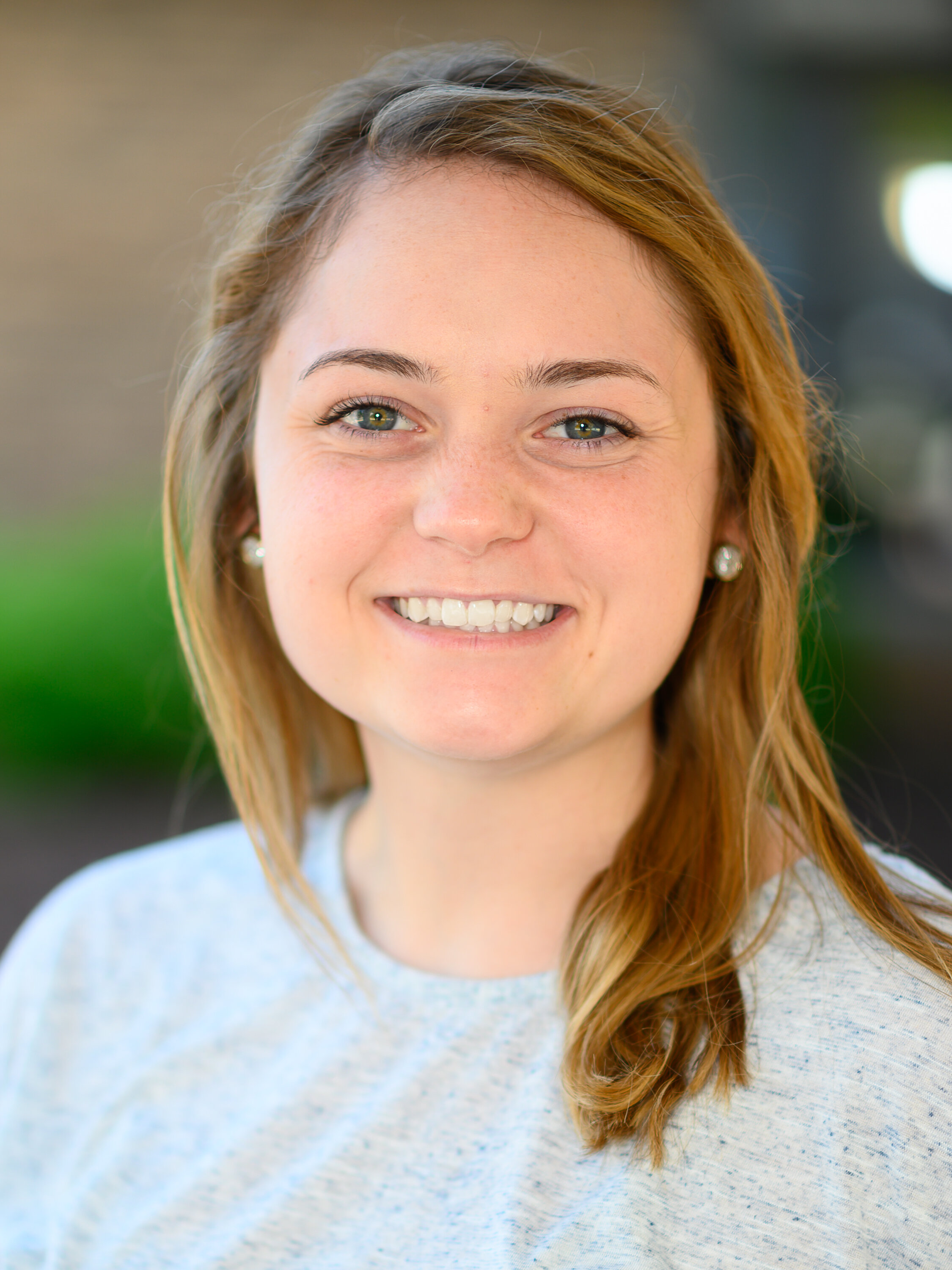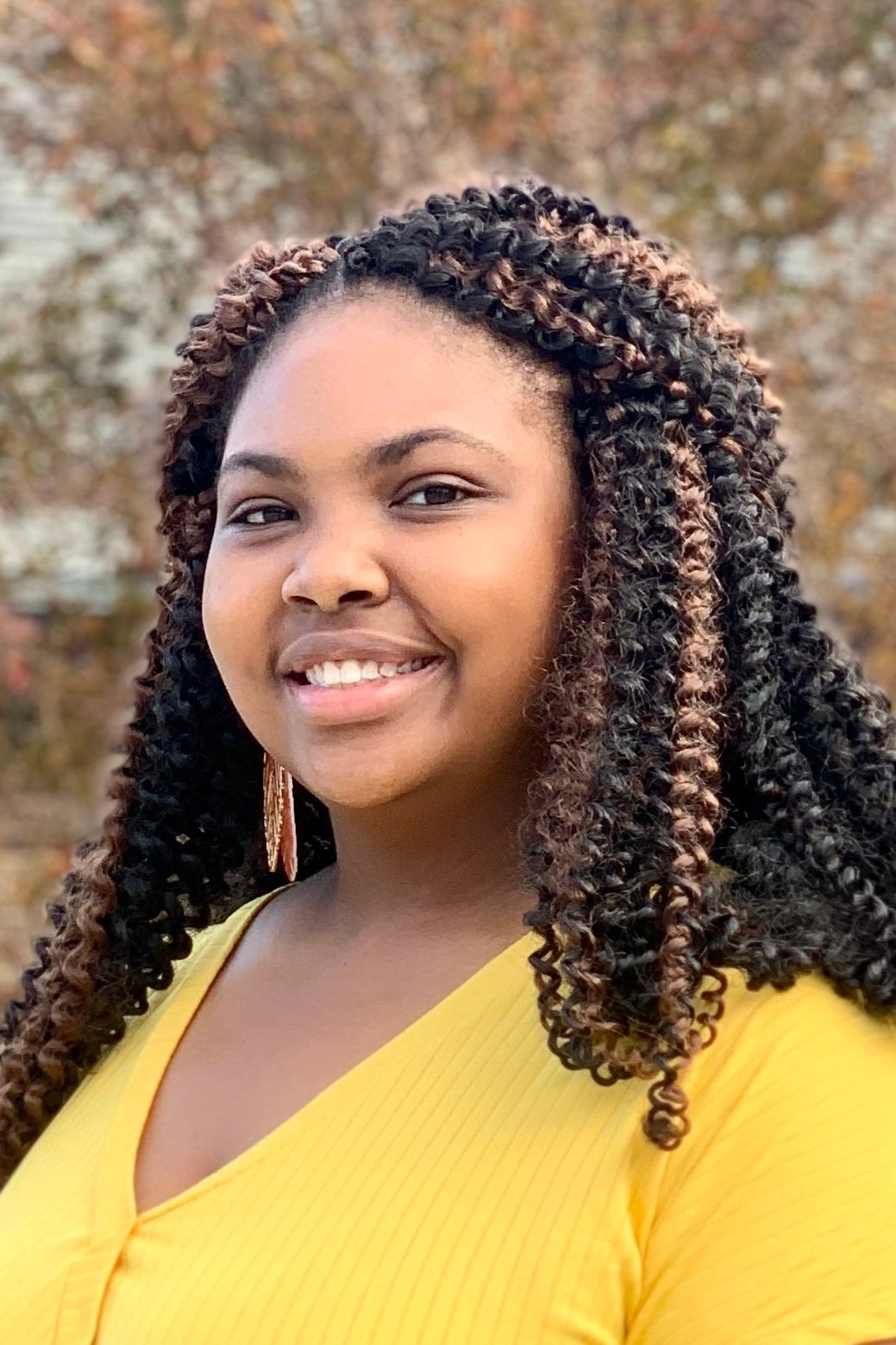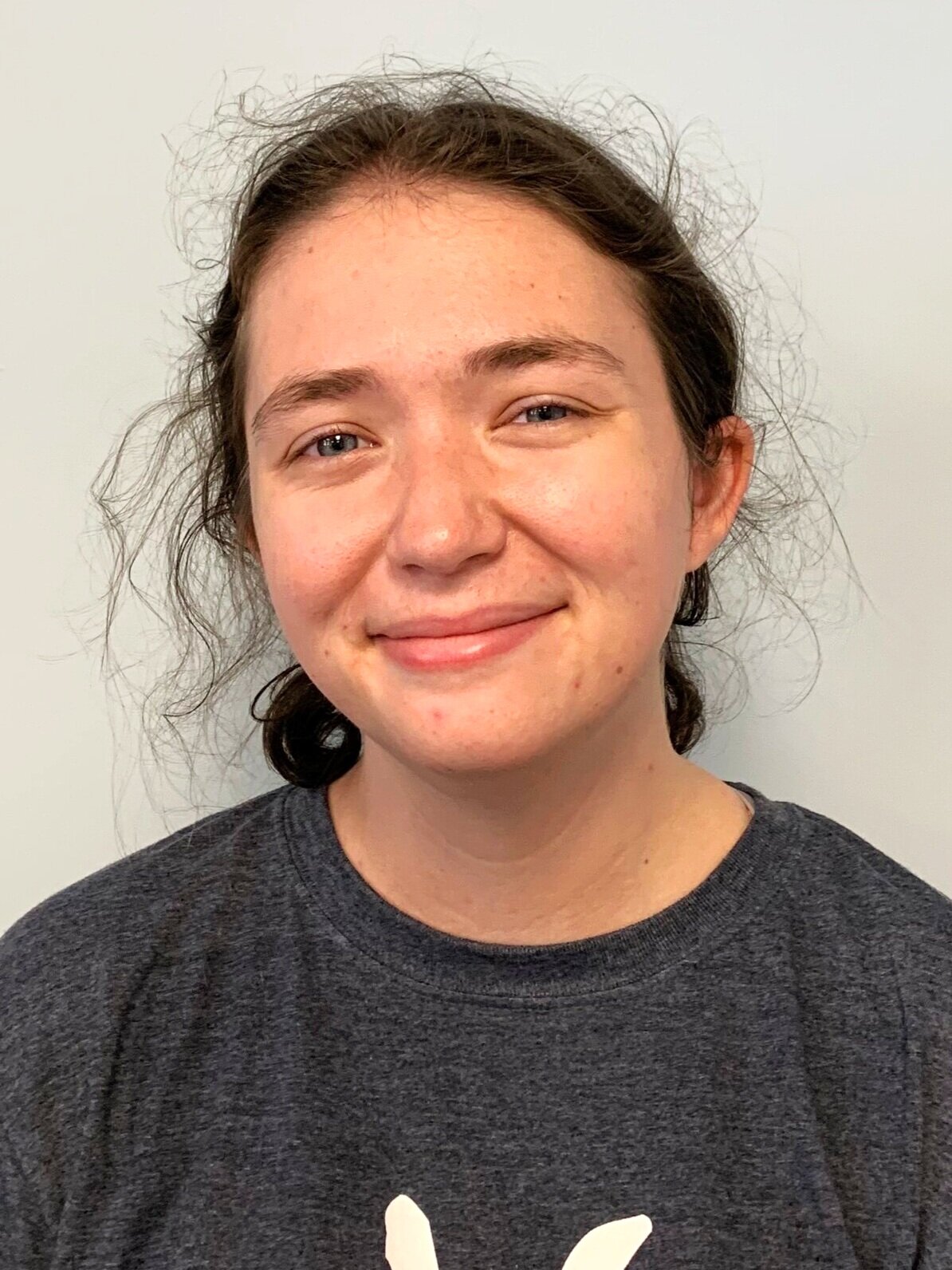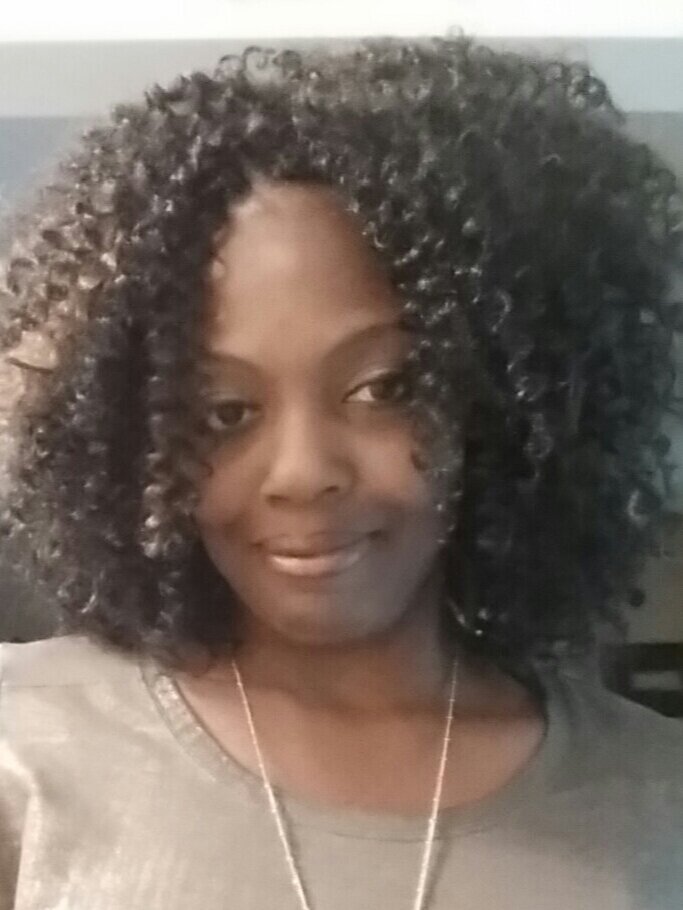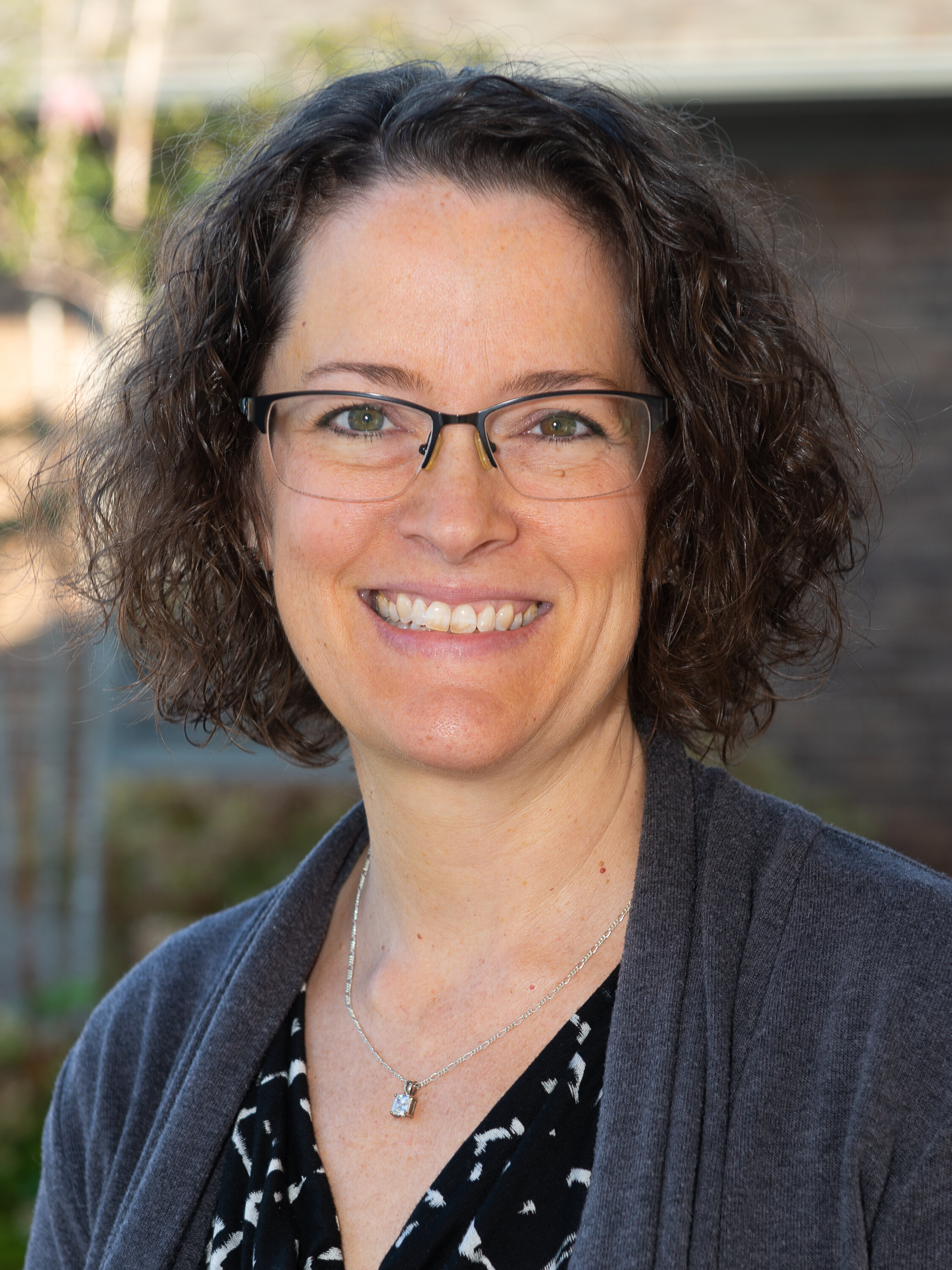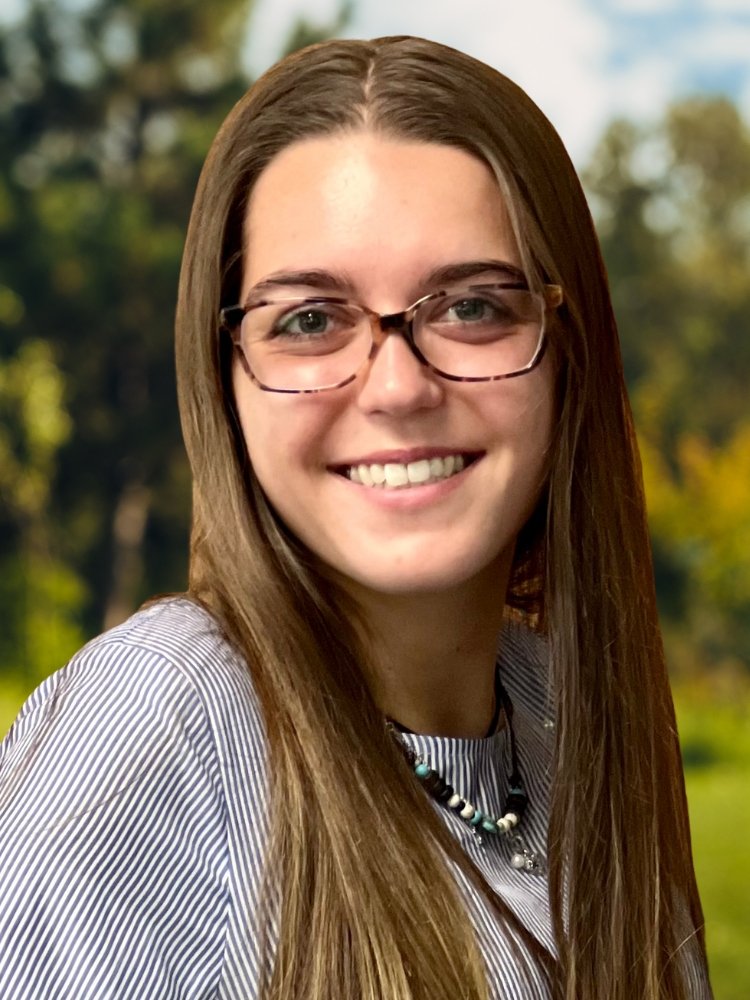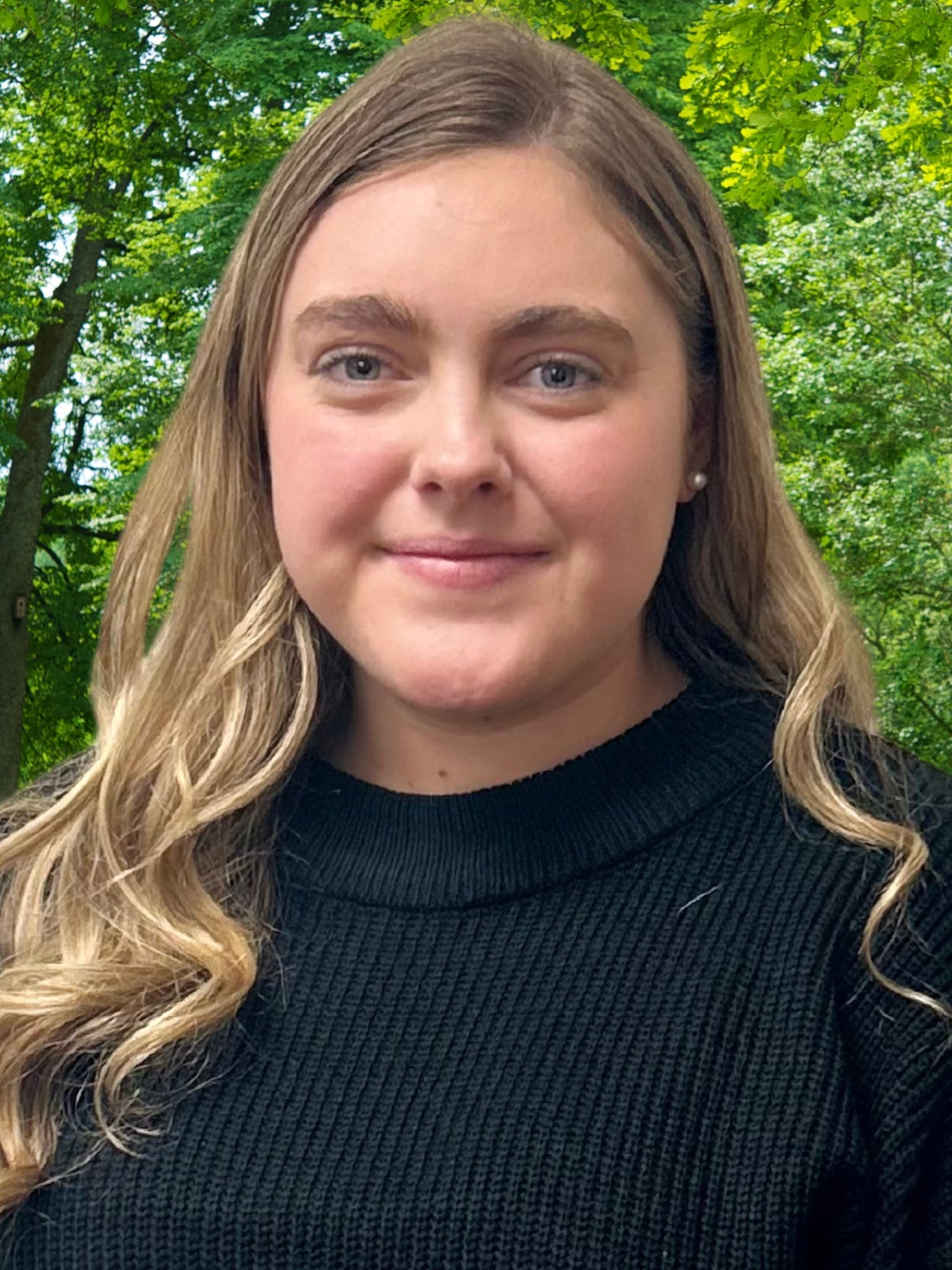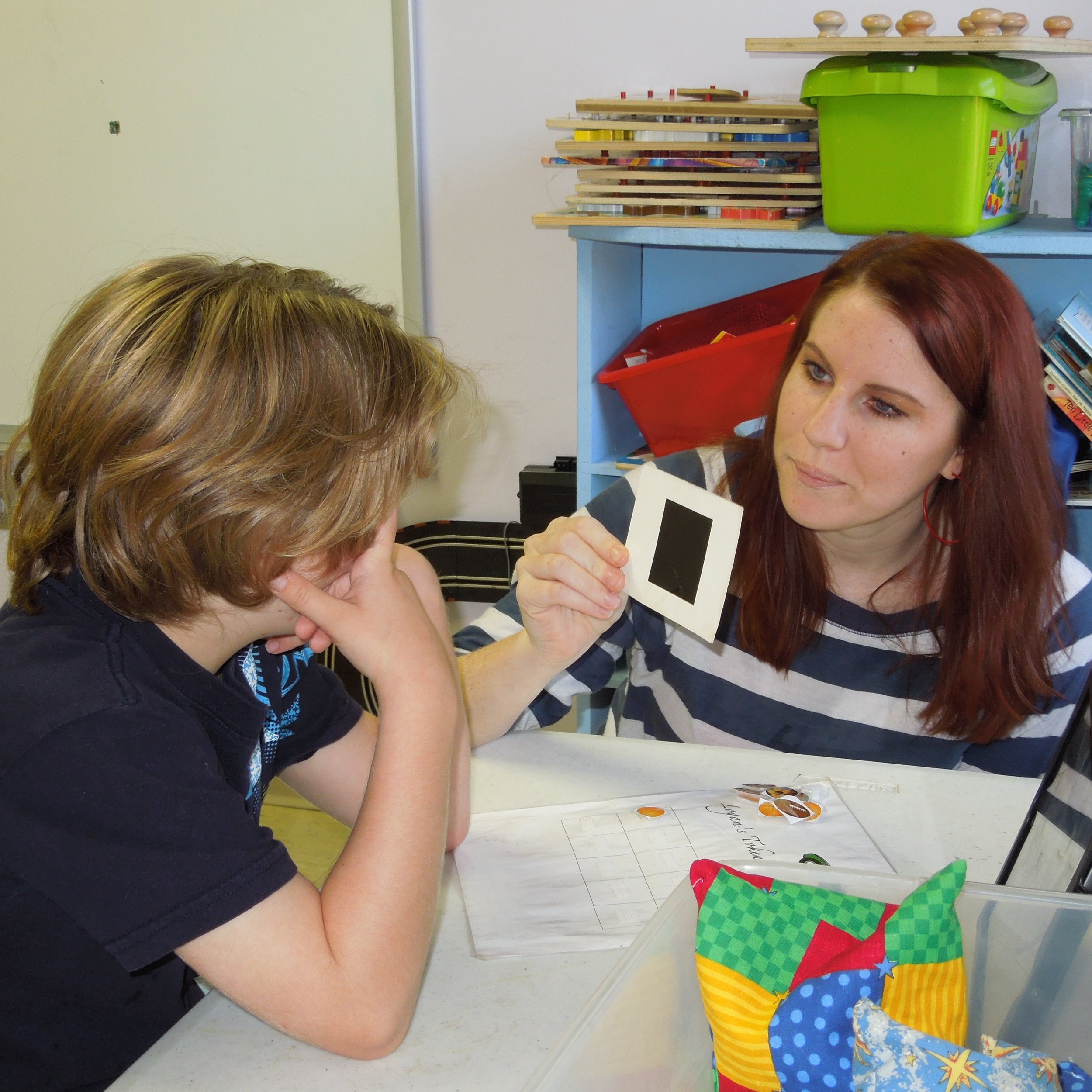
Our ABA Therapy Services
Applied Behavior Analysis (ABA) therapy is currently the best practices treatment for children with autism. Our ABA therapy program, known as Hope Reach, has been serving children since 2007, leading the way in the state of South Carolina. We offer 9 clinical settings for therapy as well as in-home and community options.
ABA therapy uses concepts that are familiar (such as reinforcement, prompting, generalizing) in systematic ways to teach skills and to replace problem behaviors with more appropriate ones. ABA is typically provided in an individualized setting according to an personalized treatment plan and treatment schedule based on the needs of the child, adolescent, or adult with autism.
Each child’s treatment program is individualized and delivered by a well-trained team consisting of Behavior Technicians overseen by Behavior Analysts. We offer both comprehensive and focused treatment programs:
· Comprehensive treatment programs target needs across a range of domains with a higher intensity of services (e.g, focused on acquiring communication, social, and adaptive skills for 25-40 hours per week).
· Focused treatment programs target specific individual needs (e.g., reduction of problem behavior, community engagement, generalization of social skills) with a lower intensity of services (e.g., 10-15 hours per week).
Treatment services are typically provided with a ratio of one technician to one client, but that ratio can be decreased or increased with different service options such as group services or services targeting the reduction of destructive behavior.
Many children with a new diagnosis start with 25-40 hours of treatment per week, with a team of 2-3 technicians working individually with the child for a block of time. We consider families to be a critical part of the treatment team. We typically hold collaborative monthly meetings with families to maximize each child’s progress. Alongside ABA treatment, we employ in-house speech and occupational therapists who can be part of the child’s team. As the child makes progress and is prepared to participate in small group or classroom settings, we may adjust treatment locations and reduce the amount of weekly treatment.
PHF is committed to serving individuals impacted by autism across the spectrum, recognizing that many are also diagnosed with co-occurring disorders (e.g., ADHD, anxiety). Co-occurring diagnoses require a closer level of collaboration with the family and with other providers. ABA treatment can be appropriate and successful for those with autism and co-occurring disorders; however, it may not be appropriate for individuals diagnosed with autism who also have:
a degenerative condition with current signs of skill loss (e.g., loss of motor skills),
frequent and severe seizures with a history of skill loss (e.g., regression in communication), or
another condition where autism-specific therapy is not recommended.
ABA therapy is funded by many insurers and Medicaid (such as TEFRA, which can be accessed through the child's diagnosis rather than financial status, or SSI Fee for Service.) We also accept private pay. We are grateful for financial support from Grace Church, United Way of the Lakelands, and United Way of the Piedmont to help meet the funding gap for our therapy services.

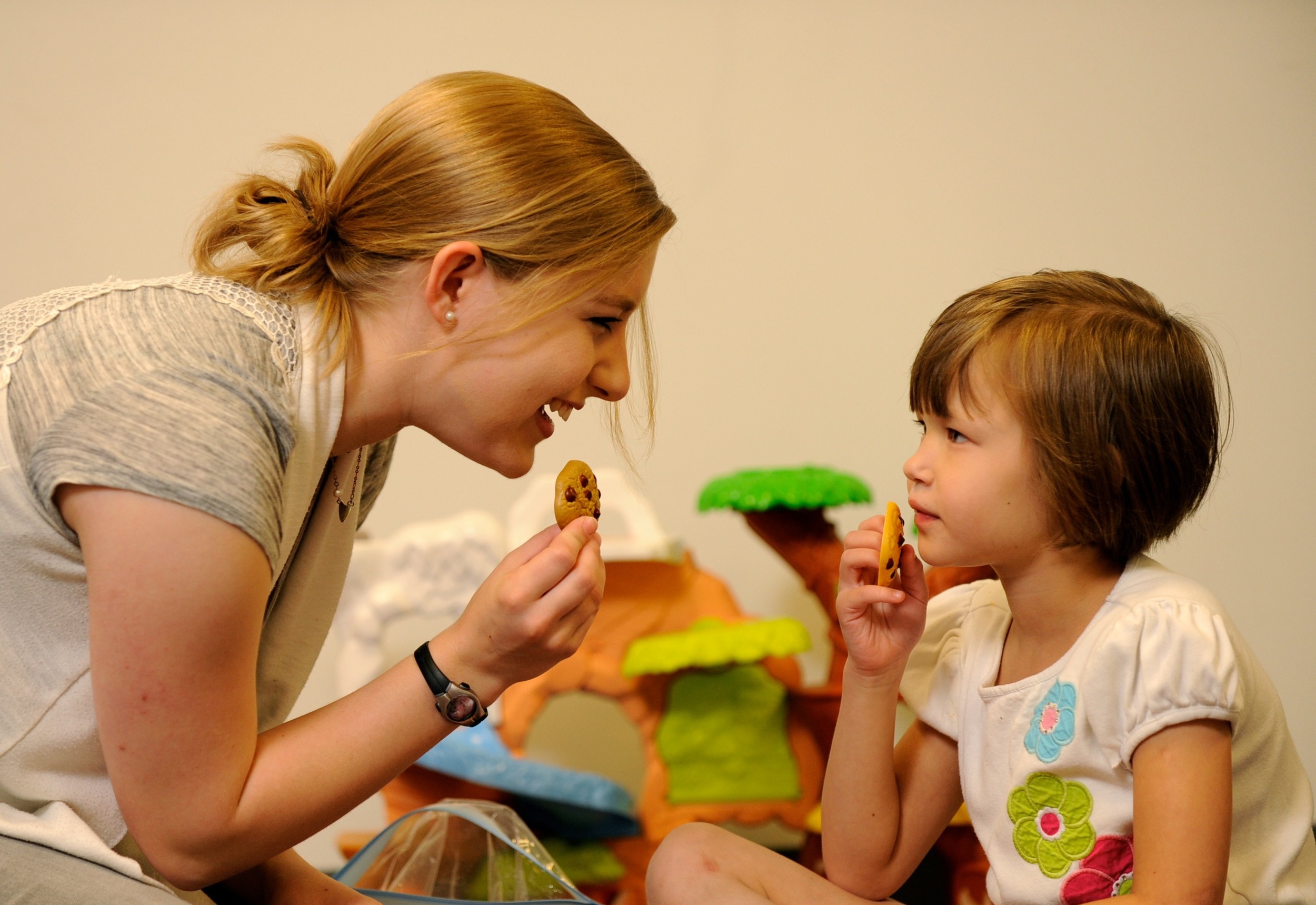
Applied Behavior Analysis Explained
ABA is a form of behavior analysis based on the findings of B.F. Skinner in the 1930s, including his book Verbal Behavior, published in 1957. In 1968, D.M. Baer, M.M. Wolf, and T.R. Risley defined ABA as the process of systematically applying interventions based upon the principles of learning theory to improve socially significant behaviors to a meaningful degree, and to demonstrate that the interventions employed are responsible for the improvement of behavior. They described ABA as having seven dimensions:
application (social significance)
behavioral (changes in behavior that are measurable)
analytical (controllable)
technological (replicable)
conceptually-systematic,
effective, and
general (persists over time, various environments, and spreads to other behaviors).
In 1987, Dr. Ivar Lovaas published a study showing the efficacy of ABA in treating children with autism, a finding that has been confirmed in hundreds of published studies and endorsed by many, including the US Surgeon General.
Speech Therapy Services
Project Hope Foundation is excited to offer speech therapy with ABA-trained Speech-Language Pathologists (SLPs) at select campuses! Our SLP’s familiarity with principles of ABA (reinforcement, prompting and fading of prompts, pairing with the client to maximize compliance, behavior plans, etc.) helps maximize the effectiveness of their speech therapy sessions. We understand the importance of the child's routine and individual preferences. If the child has a behavior plan in place, they know how to follow it. Their ABA experience and on-site presence promote increased collaboration between ABA therapy and speech sessions, maximizing results for each child. We have the flexibility to work in the environment that is best for the child, whether that be in his/her typical therapy room, classroom, or a designated speech therapy area. We can also attend team meetings when warranted. By offering in-house speech therapy, we hope to reduce parental stress about transporting children between ABA and speech therapy.
Our SLPs strive to think outside the box to make sessions run smoothly. We recognize the importance of making the speech environment fun to help accomplish the client's goals. We maintain open communication with parents to be sure to address each family's priorities.
An SLP therapy session can focus on the following areas:
articulation,
receptive and expressive language,
fluency (stuttering),
voice/resonance,
oral motor weakness (dysarthria),
oral motor planning deficits (apraxia),
feeding/swallowing disorders,
AAC (speech-generating devices), and
cognitive aspects of communication.
Parents of current clients interested in speech therapy services should contact your team supervisor. We currently accept Medicaid or private pay funding for speech services.
Occupational Therapy Services
Project Hope Foundation is excited to offer occupational therapy (OT) at select campuses! Pediatric OT facilitates development of sensory and motor functions, which enables children to interact with their environment and participate in daily activities (learning, play, self-care) as independently as possible.
Occupational therapy can help improve functioning in children who have difficulty with the following:
❏ Processing touch, sound, movement and other sensations
❏ Fine motor skills, especially in handwriting, coloring, drawing or cutting
❏ Hand-eye coordination and whole body coordination
❏ Feeding skills, including sensory or oral motor development
❏ Independence in self-care skills, including dressing and feeding
❏ Attention to task and organization skills
Families will benefit from having ABA, speech therapy and occupational therapy provided in the same location, allowing greater collaboration and integration of therapies.
Parents of current clients interested in occupational therapy services should contact your team supervisor. We currently accept Medicaid and private pay funding for occupational therapy services.
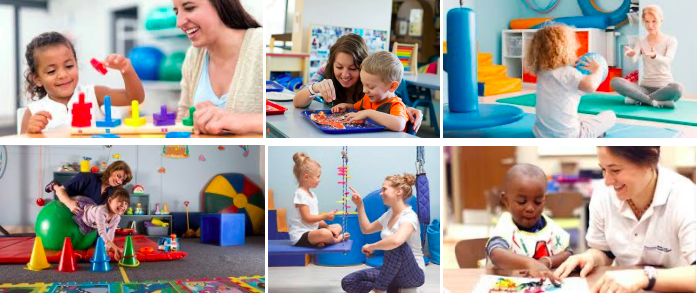
Getting Started
If you are interested in receiving ABA therapy and/or educational services, please fill out our Hope Services Application.
We are in-network and accept most insurances (including Medicaid that is Fee for Service or under certain Managed Care Organizations). We will check to see if your plan covers ABA therapy after receiving your application for services.
**Please note that we are not in-network and therefore do not accept Tricare.
Be prepared to submit the following (if they apply):
A front and back copy of your primary insurance card (required)
A front and back copy of your secondary insurance card
A copy of the full diagnosis paperwork for your child’s autism diagnosis (required)
A copy of your child’s most recent IEP (if applicable)
Once we confirm that ABA therapy coverage is included in your insurance plan and your application is complete, you will remain on the list until a potential slot comes available at your site. Once a potential slot becomes available, the Intake Coordinator will then send you our Client Information Questionnaire. This will give us the information we need to prepare for a Prospective Client Evaluation Session with you, your child, and one of our Board Certified Behavior Analysts (BCBA). The administrative fee for the evaluation is $75 and if additional testing is required to assess for an academic placement, the total evaluation fee will be $125.
Once this initial evaluation has been completed, we will make a placement recommendation for your child. If you accept this recommendation, you will be given a tentative wait time for this specific placement.
When the slot matching the recommended placement for your child is confirmed, we will move forward with scheduling an in depth assessment billed to your primary (and secondary, if applicable) insurance. After this assessment, your child’s supervisor will put together their treatment plan and submit it to your insurance company. Upon receiving the authorization to start services from the insurance company we would move forward with creating a therapy schedule for your child.
**Please note that the length of time needed to move through the intake process is dependent on many internal and external factors including, but not limited to, your specific primary funding source and our caseload availability.
PLEASE NOTE: If you have already completed an application, please do not reapply, instead, email clients@projecthopesc.org for updates or questions regarding the status of your child's application.
Our Hope Reach ABA therapy program produces big numbers - over 4,000 hours weekly, nearly 200,000 annually. But often the most important number is 1 - one new word, one unexpected hug, one bike ride towards independence.
Therapy Staff
Scott Braud joined Project Hope Foundation in May 2008. He has worked with children with autism since 1999. His first experience occurred in college as a volunteer ABA therapist for a 2-year-old with autism. Previously, he has worked at the Kennedy Krieger Institute, at the Human Development Center at LSU Health Sciences Center, and at the Center for Autism and Related Disorders.
Scott enjoys working with children and parent on goals that will produce meaningful change in the life of their family. He also enjoys seeing the satisfaction and joy of parents when they realize what their child is capable of accomplishing.
A native of south Louisiana, Scott graduated from Louisiana State University in 2000 with a B.S. in Psychology. In 2003 he received his Masters degree in Psychology from the University of Maryland, Baltimore County and his Board Certification in Behavior Analysis. In addition to his clinical work, Scott has assisted with several research projects and has presented at local and national conferences.
Outside of work, Scott spends his time with his wife and five children.
Meghan Helman started working with Project Hope Foundation in August 2010. She was first exposed to Applied Behavior Analysis (ABA) during her senior year of college and has continued working in the field since. She first worked with two children with autism in 2006, at Center for Autism and Related Disorders (C.A.R.D.), under the supervision of Mark Knight. She went on to work at Kennedy Krieger Institute focusing on children with feeding difficulties, as well as effective parent training methods. She looks forward to applying those principles here at Project Hope Foundation. Meghan enjoys being able to make a difference in each child and their family.
A native of south Florida, Meghan graduated from Rollins College in Winter Park, Florida in 2005 with a B.A. in Psychology. In 2007 she received her Associate Board Certification in Behavior Analysis. She completed coursework for her Masters degree in Psychology from the University of Maryland, Baltimore County and will be defending her research to complete the degree shortly.
Meghan spends her free time cooking, reading, and enjoying her family and friends. She recently adopted a puppy and is spending a lot of time training him.
Bethany joined the Project Hope family in June 2013. She has been working with individuals with autism since 2003 when she began working as a line therapist with a 2-year old boy. Since then, she has worked as line therapist, senior therapist, coordinator, and classroom teacher at several organizations, including Mariposa School for Children with Autism, the Early Autism Project, and Gwinnett County Public Schools.
Bethany enjoys working with a variety of learners on the autism spectrum. Her favorite part of her work is celebrating with the treatment team as clients master skills that make a meaningful difference in their lives and the lives of their families!
Hailing from western North Carolina, Bethany graduated with a bachelor’s degree in philosophy and psychology from Wake Forest University in 2006. In January 2011, she completed the required coursework at Florida Institute of Technology and became a Board Certified Assistant Behavior Analyst. Two years later, Bethany received her master’s degree in Special Education from Georgia State University, as well as her Board Certification in Behavior Analysis.
In her free time, Bethany enjoys spending time with her loved ones, crafting, and going to the movies.
Niki Porter joined Project Hope Foundation in January 2012 as a line therapist. Her first experience with children with autism was during an internship in Colombia, South America in the summer of 2011. During that internship, Niki had the opportunity to work in a school/therapy setting dedicated to serving children and young adults with autism, down syndrome, and cerebral palsy.
Niki enjoys working with children and parents in the clinic, home and school settings. She also enjoys partnerships with the school districts in the Greenwood and Laurens areas and collaborating with teachers and administrators in order to bridge the gaps between the 1:1 and group settings. Creating and promoting a culture of compassion and collaboration are priorities for the teams and staff that Niki works with, along with teaching clinical excellence within practice.
Born and raised in South Carolina, Niki graduated from Clemson University in December 2011 with a B.A. in Psychology and a minor in Spanish. In 2015 she received her Masters degree in Behavior Analysis from Florida Institute of Technology and her Board Certification in Behavior Analysis. She enjoys spending time with her family (Colby - husband, Hazel - daughter, Copper - puppy) and friends, cooking and outdoor activities!
Amanda Rafkah joined Project Hope Foundation as a line therapist in May 2010; her passion for autism and ABA has continued to grow through her years at Hope. She graduated with her bachelor's degree in Interdisciplinary Studies with a concentration in Psychology and Christian Studies from North Greenville University in 2011. By 2015 Amanda had completed her master's degree in Professional Behavior Analysis from Florida Institute of Technology and became a Board Certified Behavior Analyst.
From 2015-2018 Amanda worked with families in Charleston, SC to expand Project Hope Foundation's services to individuals in the coastal region. Amanda has experience working with private schools, training parents in home, overseeing clinic-based services, and providing ABA training to various individuals in the community.
While she loves all aspects of her position, Amanda is especially dedicated to utilizing Organizational Behavior Management strategies to develop a cohesive and reinforcing working environment for her staff where excellence is prioritized. It's motivating for her to observe staff growing in their skills as they learn what a meaningful change ABA can have for the autism community.
Shannon Thompson joined Project Hope Foundation and began working with children with autism in 2012. She was first introduced to ABA in college while working towards her undergraduate degree in Psychology from North Greenville University. After working as a line therapist for Hope, Shannon completed her master's degree in Professional Behavior Analysis from Florida Institute of Technology and became a Board Certified Behavior Analyst in 2015.
Shannon loves behavior analysis and the opportunity to apply it to teach skills that make a difference in the lives of children and their families each day. She also loves watching children take pride in their own accomplishments.
Jon joined Project Hope Foundation in February 2010. His ABA experience has come throughout his time at Hope Reach. Prior to joining Project Hope, Jonathan has worked as a counselor at special needs camps in South Carolina and Pennsylvania.
Jonathan’s favorite part of his job is working one-on-one with the kids and watching them grow on a daily basis. Having a parent tell you about the positive changes they see in their kids is what makes this job the best.
Degree: B.M., Psychology, University of South Carolina Upstate, 2012 and pursuing a masters in ABA from Florida Institute of Technology.
Hobbies: Traveling, road trips, and watching the Atlanta Falcons and Carolina Gamecocks win!









